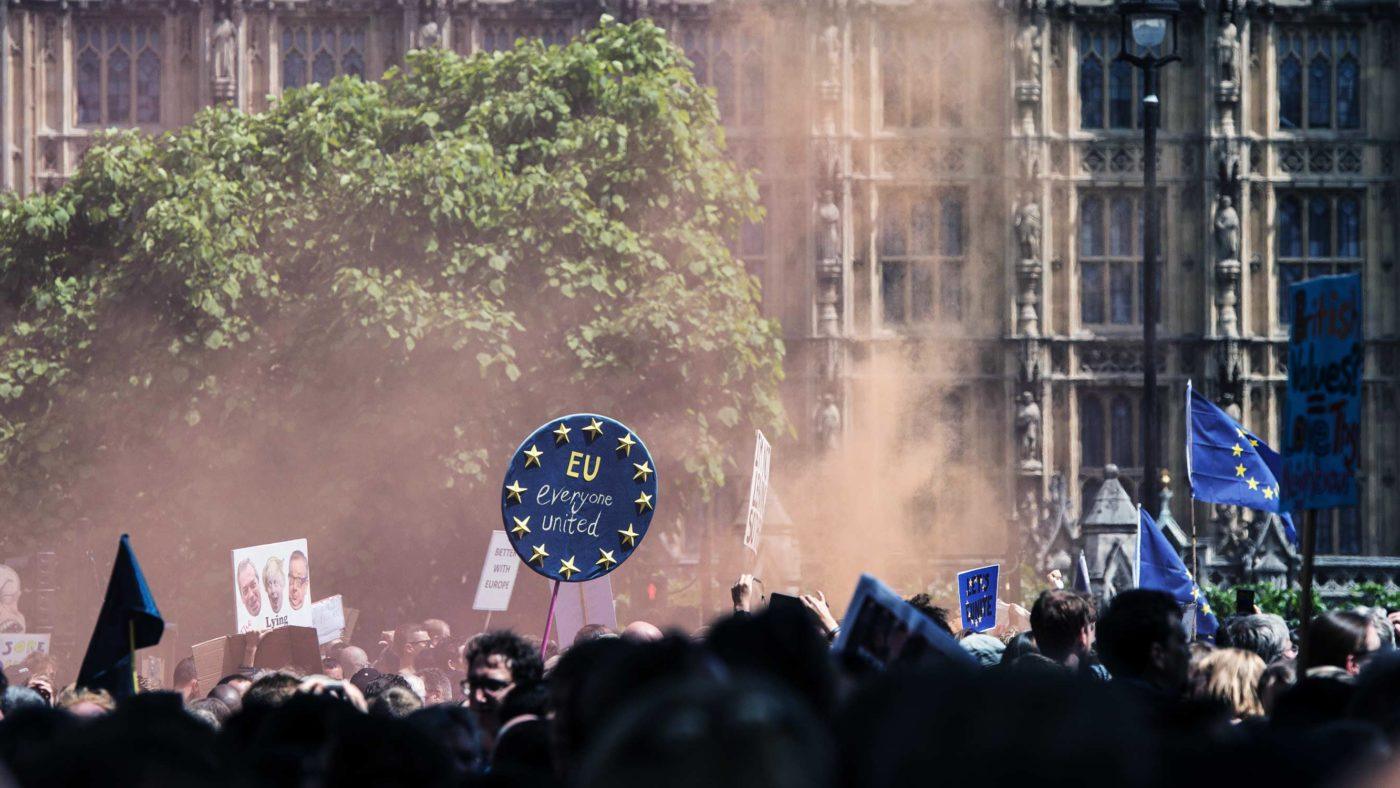It’s one of Edmund Burke’s most famous lines. “Your representative owes you, not his industry only, but his judgment,” he told the electors of Bristol in 1774. “And he betrays, instead of serving you, if he sacrifices it to your opinion.”
But there’s another line, just below, which ought to be equally well known. Parliament, says Burke, “is not a congress of ambassadors from different and hostile interests; which interests each must maintain, as an agent and advocate, against other agents and advocates”. It is, he says, “a deliberative assembly of one nation, with one interest, that of the whole; where not local purposes, not local prejudices, ought to guide, but the general good.”
That section was quoted by Jesse Norman MP, Burke’s biographer, at the National Gallery in London this week. John Howard, Australia’s four-time PM, was receiving the Edmund Burke Award from the Alliance of Conservatives and Reformists in Europe. Howard’s speech in response was a bravura defence of conservatism and its virtues: we republished it this week on CapX, and I urge everyone with an interest in politics or political thought to read it.
Yet it struck me, over the following days, that those two passages from Burke got to the heart of the most important stories of the week.
The incendiary row over the Article 50 court case, which saw the judiciary being branded “enemies of the people” by the tabloids, was ostensibly over whether Britain’s withdrawal from the EU can be triggered unilaterally by the Government.
But in actual fact, the argument was over precisely the tension that Burke described.
MPs are, in general, pro-Remain. Yet they have an explicit instruction from the British people – 52 per cent to 48 per cent – to get on and trigger Article 50.
Most of us, bar the most hardline of Remainers, would accept that the referendum decision, although technically advisory, is a clear public instruction that Parliament must heed.
But to what extent do MPs have the right to hedge about the Article 50 declaration with conditions and limitations – to impose their judgment on that of the electors? Is there not a case – as Andrew Lilico argued on CapX – for an early general election to resolve this tension, by ensuring that Parliament can be trusted by the voters to deliver on their orders? (And what would happen if that snap election resulted in another pro-Remain majority?)
Yet even before the Article 50 row, the relationship between MPs and the electorate was already becoming increasingly vexed.
Within the Labour Party (remember them?) the Corbynites argue that the mandate of Jeremy Corbyn as leader, and of constituency activists as assembled by Momentum, trumps the mandate of the public given at the general election: MPs should knuckle under or face reselection.
The will of the people must be supreme – but which people?
Then there is the second point Burke makes, about “different and hostile interests”. It would be hard to provide a better description of British politics post-referendum – or, indeed, of the state of affairs in America, which is if anything far worse.
As I wrote for CapX earlier this week, the US electorate is increasingly made up of polarised tribes who see the other side as enemies rather than fellow citizens – something which is increasingly reflected in the behaviour of Congress.
In both Britain and America, the democratic system was set up so that the raw will of the people would be channelled and filtered by wiser heads, via safeguards such as the electoral college or the House of Lords.
Today, that deliberative function appears to be breaking down: elites, restraint and deliberation all seem counter to the spirit of the age.
I suspect we are only beginning to deal with the consequences.


